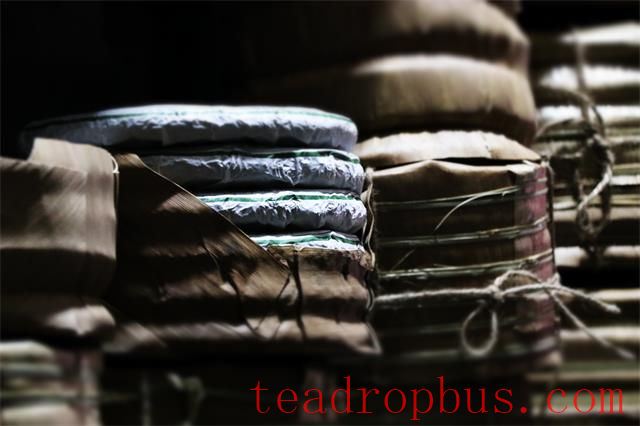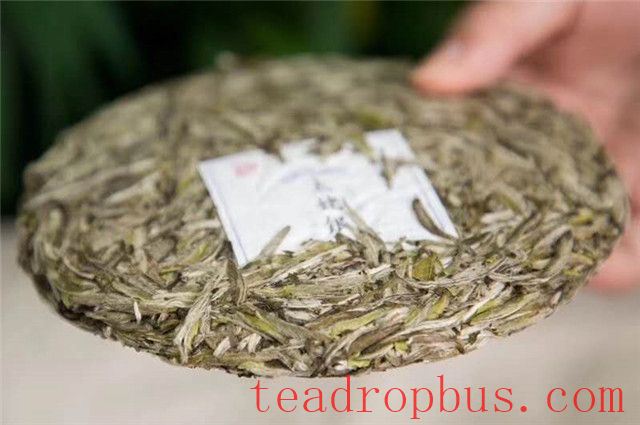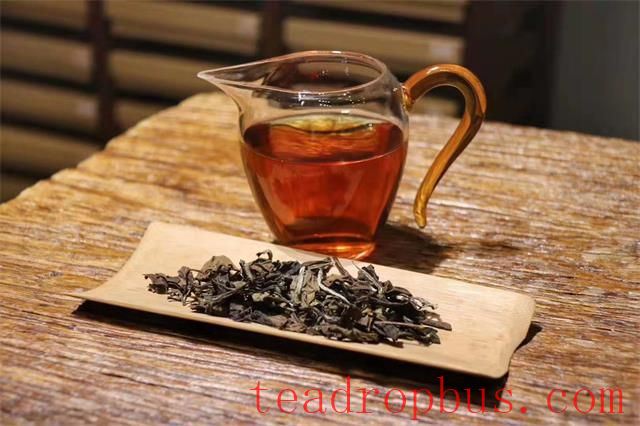White Tea can be stored for 10 to 20 years, that is, for long-term storage. The new White Tea Standard, implemented in May 2025, describes that the storage conditions for white tea should comply with relevant regulations and, when stored properly, it can be kept for a long time. Under normal circumstances, white tea available on the market will indicate a period of 10 years; however, if stored properly and its internal quality continues to mature, it can be stored for 20 years or even longer.

White tea can be stored for decades under reasonable conditions. For example, white tea exported and then returned to the country from many years ago, which is now sixty years old, has been found by collectors and experts to have a unique flavor after tasting.
White tea can be stored for a very long time, at least over twenty years. However, this is only meaningful for white tea of good quality. The key is to select good tea, ensuring it becomes more fragrant as it ages.

How long should white tea be stored for optimal taste? Under favorable storage conditions, white tea has several ideal periods for consumption, each with its unique flavor:
The first ideal period: Freshly made white tea is the most fresh, with a scent carrying a sweet aroma and a taste that is sweet, fresh, and refreshing. At this stage, the tea has just shed its moisture and is rather cool, suitable for a light taste.
The second ideal period: Around three to five years, by this time, the wateriness in the tea has disappeared. After undergoing later conversion, its internal qualities gradually settle down, with a more stable and richer taste, and the coolness has faded.

The third ideal period: Around seven to ten years, the aroma transforms into countless possibilities over time. The original fresh fragrance may transform into aged, honey, or even floral, fruity, or medicinal aromas, all of which are possible, and the taste becomes increasingly rich.
During the storage process of white tea, active enzymes within the tea continue to work. The catechins, Caffeine, and amino acids in white tea convert into theaflavins and thearubigins, causing the taste and color of the tea to continuously change.